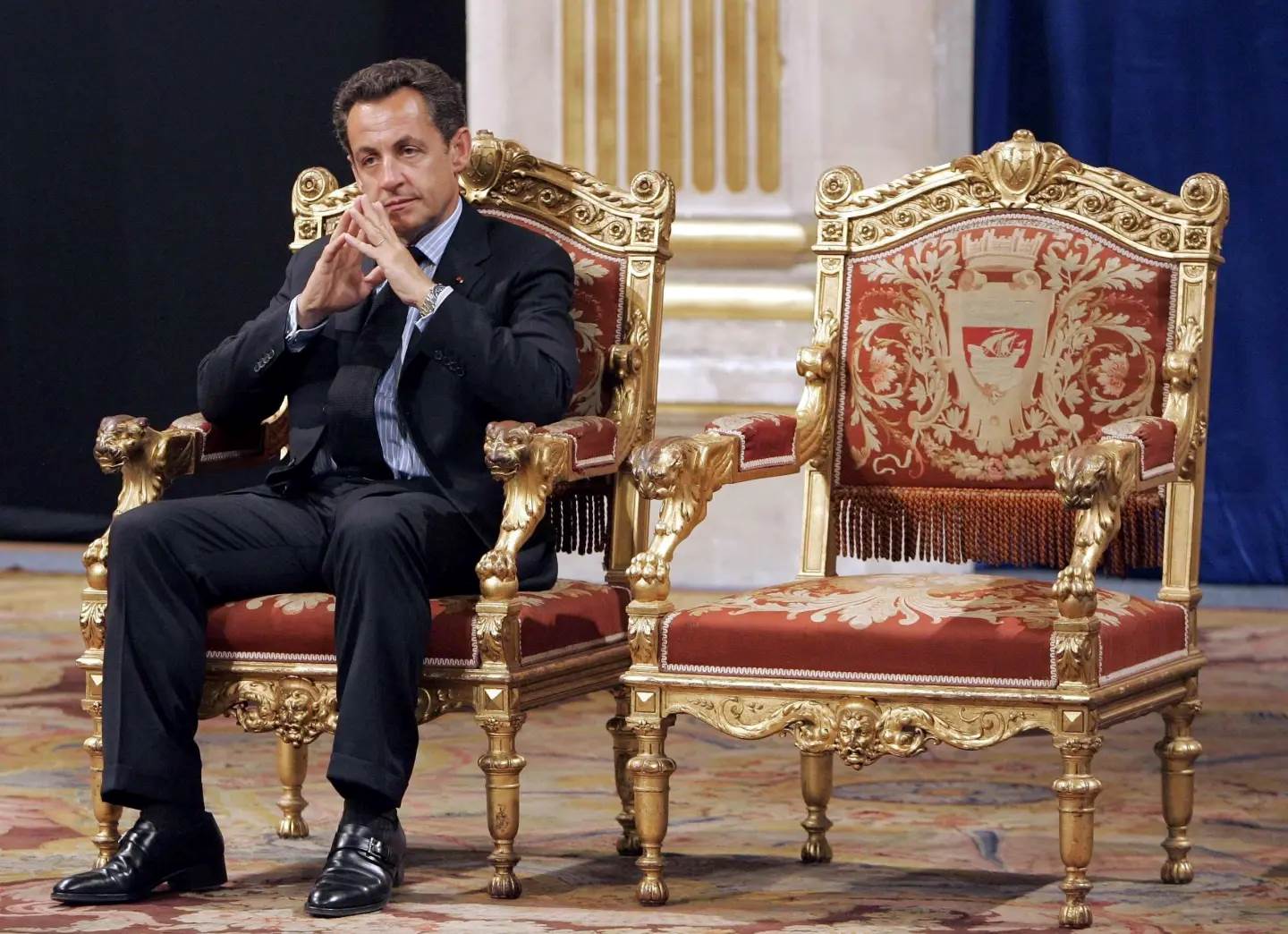Former French President Nicolas Sarkozy has expressed his belief that the recent coup in Niger is destined to fail, attributing its occurrence to France’s long-term military presence in the Sahel. In an interview with Le Figaro on the release of his new book, “Le Temps des combats,” Sarkozy argued that the prolonged presence of French forces in former colonies has created a deep-rooted and insoluble problem.
While acknowledging the good intentions behind France’s military missions, Sarkozy cautioned that any extended mission ends up portraying France as an occupying force. He expressed confidence that the African people themselves will recognize the futility of supporting leaders who emerge from military coups. Sarkozy’s prediction raises questions regarding the prospects of success for the perpetrators of the July 26 coup, which led to the removal of President Mohamed Bazoum. Bazoum remains imprisoned in a country where France has actively collaborated with the Nigerien army in combating jihadist groups, deploying 1,500 soldiers.
Sarkozy criticized his successor, François Hollande, by suggesting that the decision to maintain French troops in Mali after the 2013 military intervention was a grave mistake. He argued that it was unfeasible to hold a territory three times the size of France with a mere 4,000 soldiers. Furthermore, he criticized the incumbent president for mishandling the Libyan crisis, where France intervened as part of an international coalition in 2011 to suppress Muammar Gaddafi’s violent suppression of the uprising.
Drawing attention to former US President Barack Obama’s acknowledgment of abandoning Libya’s fledgling democracy in 2012 being his biggest foreign policy mistake, Sarkozy argued that more support was needed at that crucial time. He emphasized that he did not personally order the elimination of Gaddafi and referred to the coordinated collective action led by NATO.
Referring to a legal case involving himself, Sarkozy mentioned the controversial claim made by the Gaddafi clan that they financed his 2007 campaign. However, he dismissed the allegations as unworthy and asserted that facts would prevail.
Sarkozy’s remarks have ignited a debate on the long-standing issue of France’s military presence in the Sahel region, prompting calls for a revaluation of its strategic objectives. French troops have been stationed in the region to combat terrorist organizations, but the effectiveness of their efforts remains a subject of contention. With Sarkozy’s critique highlighting the potentially negative consequences of prolonged military presence, there is growing recognition that alternative approaches may be required.
France’s military involvement in the Sahel has coincided with an increase in extremist activities, particularly from groups affiliated with Al-Qaeda and ISIS. While the international community acknowledges that counterterrorism efforts are vital, Sarkozy’s argument raises concerns over the negative consequences and unintended ramifications of extended military activities.
As the debate over France’s role in the Sahel region continues, governments and policymakers must carefully consider the delicate balance between effectively combating terrorism and ensuring the sovereignty and independence of African nations. A comprehensive reassessment of the Sahel strategy may be necessary to achieve long-term stability and security in the region.
Image Credit: AP Photo/Christophe Ena





